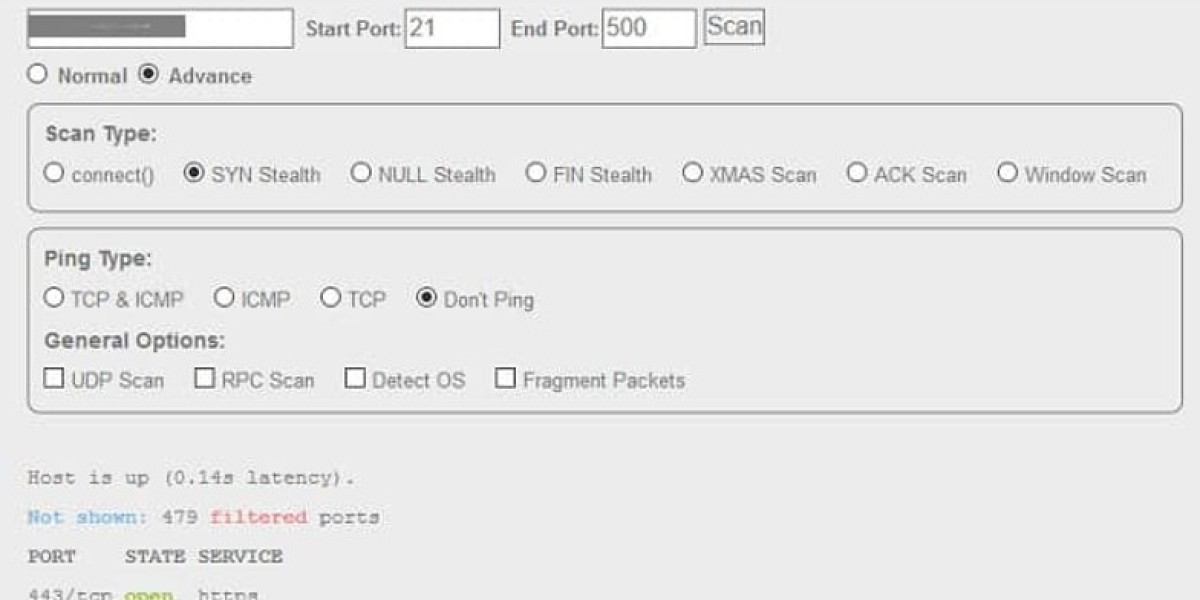Quantum Sensors: Unlocking Unprecedented Precision in Measurement Technology
Introduction
Quantum sensors represent a groundbreaking leap in measurement technology, harnessing the unique principles of quantum mechanics to achieve extraordinary sensitivity and accuracy. As industries seek ever more precise data—from navigation and medical imaging to environmental monitoring—quantum sensors are emerging as the next frontier in sensing technology.
What Are Quantum Sensors?
Quantum sensors use quantum phenomena such as superposition, entanglement, and quantum coherence to measure physical quantities with precision beyond classical limits. Unlike traditional sensors, quantum sensors exploit the behavior of particles at the atomic and subatomic scale to detect changes in magnetic fields, gravity, temperature, and time with unmatched accuracy.
Key Principles Behind Quantum Sensors
Superposition: Particles exist in multiple states simultaneously, enhancing measurement resolution.
Entanglement: Correlated quantum particles enable enhanced sensitivity through shared states.
Quantum Coherence: Maintenance of phase relationships between quantum states improves signal clarity.
Applications of Quantum Sensors
? Navigation & Positioning: Quantum accelerometers and gyroscopes enable GPS-independent navigation, crucial for submarines, spacecraft, and autonomous vehicles.
? Medical Imaging: Quantum sensors improve Magnetic Resonance Imaging (MRI) and magnetoencephalography (MEG) by detecting weaker magnetic signals.
? Environmental Monitoring: Ultra-sensitive detection of gravitational changes and magnetic fields helps monitor earth movements and climate conditions.
?️ Fundamental Science: Enhances detection of gravitational waves, dark matter, and other phenomena.
⚙️ Industrial Applications: Precision measurement for manufacturing, material characterization, and quality control.
Market Overview
The quantum sensor market is projected to grow rapidly, driven by increasing investments in quantum technologies and demand from defense, healthcare, and industrial sectors. Valued at around USD 500 million in 2023, it is expected to reach over USD 2 billion by 2030, reflecting a CAGR of approximately 20-25%.
Types of Quantum Sensors
Atomic Clocks: Provide ultra-precise timekeeping for communication and navigation.
Quantum Magnetometers: Measure extremely weak magnetic fields, surpassing traditional magnetometers.
Quantum Gravimeters: Detect minute variations in gravitational fields for geophysical surveys.
Quantum Accelerometers and Gyroscopes: Enable precise motion and orientation tracking without GPS.
Quantum Photonic Sensors: Use quantum light states for enhanced imaging and detection.
Advantages of Quantum Sensors
⚡ Unparalleled Sensitivity: Detect signals far weaker than classical sensors can.
? High Precision: Improved accuracy enables advanced scientific and industrial applications.
? Energy Efficiency: Some quantum sensors require less power due to enhanced signal processing.
? Robustness: Certain designs offer better resistance to environmental noise.
Challenges
? Complexity: Quantum sensors often require sophisticated setups and cryogenic environments.
? Cost: High development and manufacturing costs limit widespread adoption currently.
? Integration: Incorporating quantum sensors into existing systems remains challenging.
⏳ Scalability: Mass production and miniaturization are ongoing hurdles.
Future Trends
Commercialization: As costs drop, expect wider deployment in consumer electronics, automotive, and healthcare.
Hybrid Systems: Combining classical and quantum sensors for optimized performance.
Quantum Networks: Sensor data sharing across quantum communication channels for enhanced applications.
Advancements in Materials: Using novel materials like diamond NV centers to improve sensor stability and sensitivity.
Conclusion
Quantum sensors are poised to redefine the limits of measurement, enabling breakthroughs across science, industry, and everyday technology. While still emerging, these sensors promise to unlock new realms of precision and insight, powering innovations from autonomous navigation to cutting-edge healthcare diagnostics.
For businesses and researchers, investing in quantum sensor technologies today is investing in the future of measurement itself.
Read More








